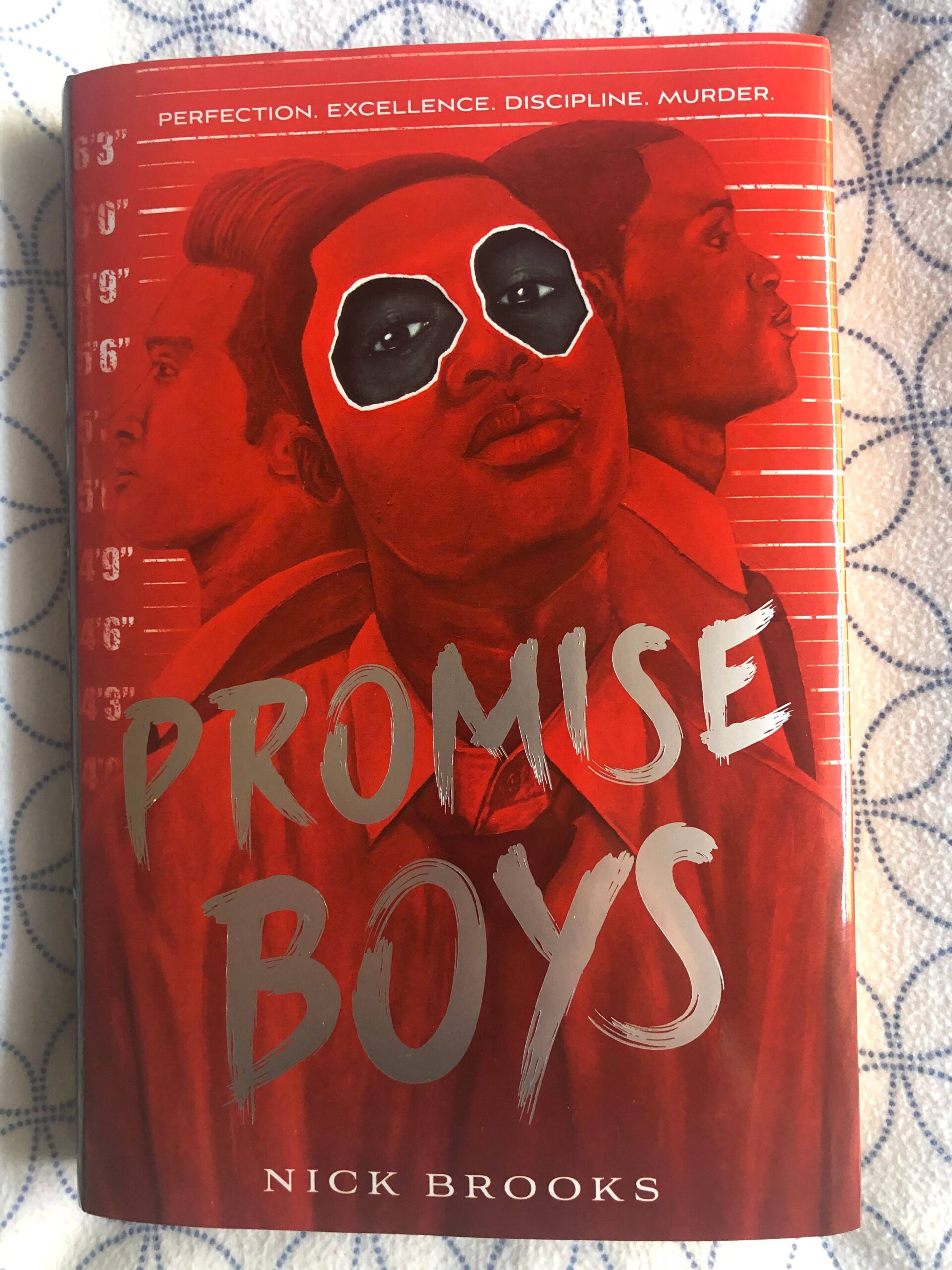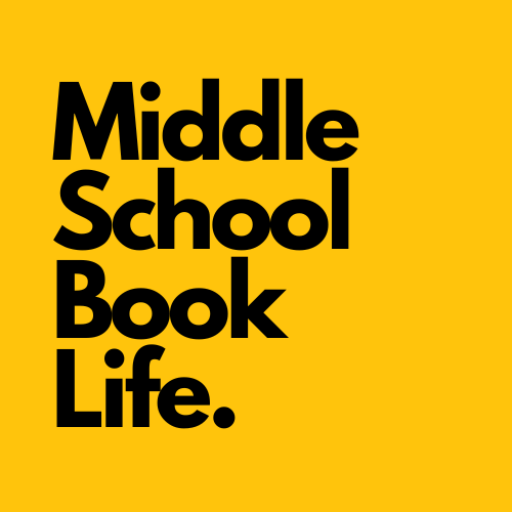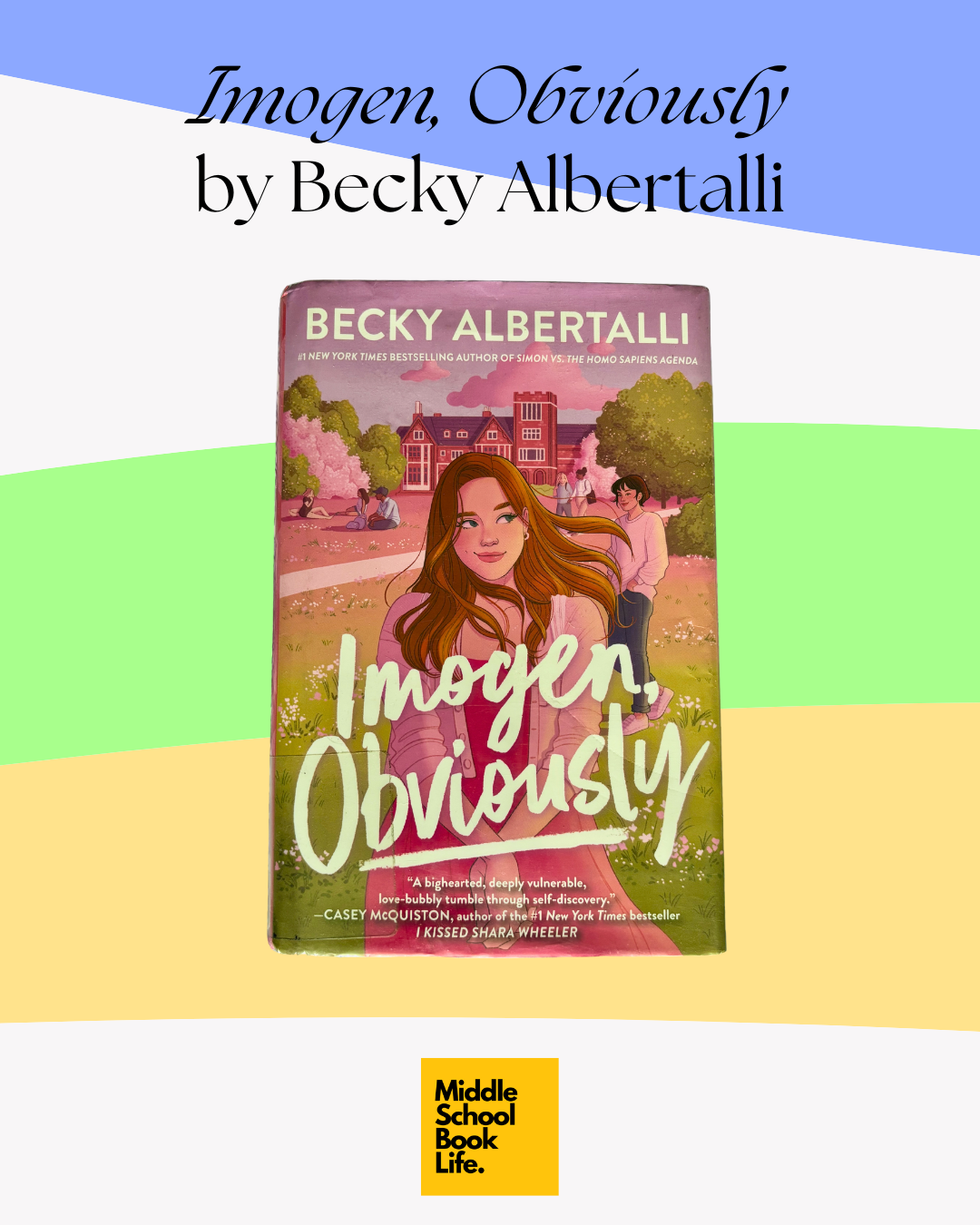I delight in writing these blog posts for you. It feels rather magical to get to gush about books. It is challenging, though, to sit down and try to capture my enthusiasm for a story in a manageable amount of words. Please note that whatever I write below, what I’d really like to do is see you in person and press Promise Boys into your hands with a fervent, “here, you have to read this.”

Author: Nick Brooks
Genre: Mystery
Age range: 13+
Summary: The principal of a prestigious all-boys charter school in Washington, D.C. is murdered in his office, sending shockwaves through the community who had seen this school as a model for how to help young men. But when three students are hauled in as suspects, the identity of the murderer is not the only devastating truth that threatens to reveal itself.
Promise Boys is similar to:
- One of Us Is Lying by Karen McManus (thrilling and clever school-based murder mystery)
- Concrete Rose by Angie Thomas (coming of age story for black teenage boy whose life circumstances force him to grow up quickly)
- Long Way Down by Jason Reynolds (black teenage boy figuring out how to live his life amidst generations of positive and negative pressures)
How I’d teach it:
As a whole class novel study. Hear me out, since murder mysteries are an atypical selection. For a whole class novel, you want complex characters who grow and change over the course of the book. You want relatable themes. You want, as Cornelius Minor said in the Schoolutions Podcast, books that can house students’ insecurities and their aspirations.
Promise Boys delivers. The three main characters—J.B., Ramón, & Trey—are forced to evaluate their choices and reflect on their lives once they each become a suspect. They grapple with real life questions that lend themselves to thematic analysis:
- What does it mean to be a man or to be a father?
- How are gangs, poverty, and systemic racism interconnected?
- How does one break the cycle of poverty?
- What’s the goal of a public school education?
- How does money corrupt?
And of course, part of what makes this book so good is that these are normal teenagers, trying to navigate normal life. Becoming a murder suspect broadcasts their insecurities: Will I be judged based on my actions or on stereotypes? Will I disappoint my mom? How do I break away from toxic relationships? Seeing characters address these issues gives students a roadmap for facing their own insecurities.
Finally, engagement would be sky high. Use the murder mystery to hook students then leverage their enthusiasm into deep, evidenced-based discussions about identity, systemic racism, and privilege.
Want to give this a shot? Reach out and I’ll be happy to help.
Learn more:
Nick Brooks’ interview on NPR details his choice to tell the story from multiple perspectives because that’s how schools work—everyone has their own idea about who that kid is.
If you really want to dig deep, enjoy this discussion between Jason Reynolds and Nick Brooks from January 2023.
My final two cents: Come for the murder mystery, stay for the insightful social commentary. Seriously, you have to read this.
This post includes affiliate links. Any purchases made through them come at no extra cost to you but they do help keep this newsletter free and accessible.


